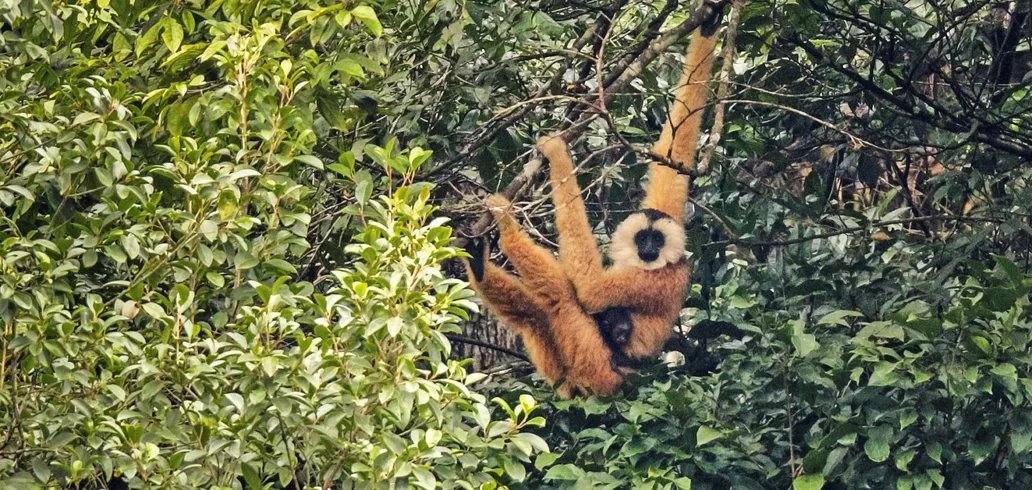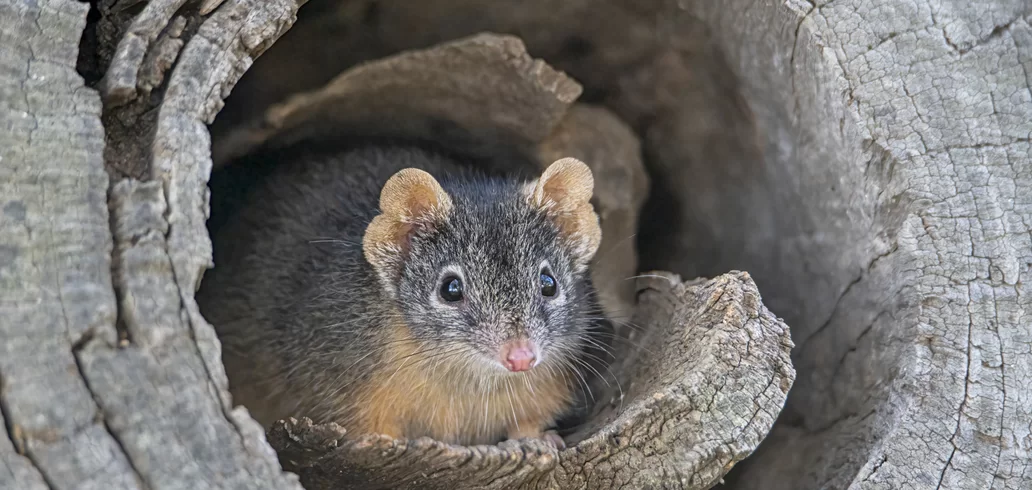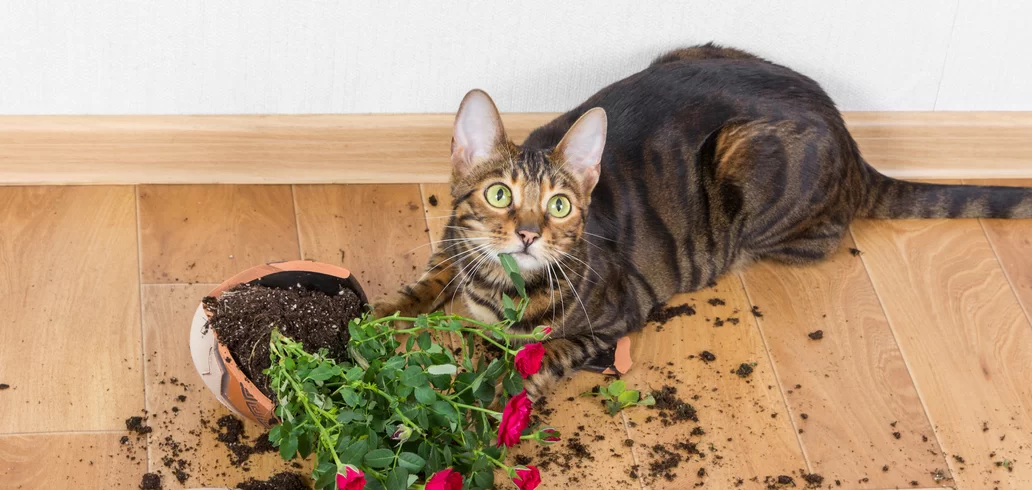Curiosities
Why do birds sing before sunrise?
Advertisement
The reasons behind the singing
Birdsong before dawn can be caused by several factors, including:
1. Territoriality: Birdsong often serves to mark territory and warn other birds of the same species not to invade their area.
2. Attracting mates: Singing may be a way for males to attract females to mate. Singing well and vigorously may be an indication of health and genetic fitness.
3. Intraspecific communication: Birds can use their songs to communicate with each other. This can include transmitting information about food resources, potential dangers, or simply to maintain contact with other group members.
4. Establishing hierarchy: In some bird species, song may also play a role in social hierarchy, with more dominant or leader birds often displaying more elaborate or powerful songs.
These are just a few of the reasons why birds sing before dawn. Each species may have its own specific reasons for this behavior, and the combination of factors can vary depending on the environment and individual circumstances of each bird.
Attracting birds
If you are interested in attracting birds to your yard or garden, there are a few steps you can take:
1. Bird feeders: Place bird feeders around your yard and fill them regularly with a variety of foods, such as seeds, grains, fruits, and nectar. Choose feeders that are suitable for different types of birds, such as platform feeders for ground-dwelling birds and tube feeders for birds that prefer seeds.
2. Water sources: Provide a source of fresh water, such as a fountain, bird bath, or simply a shallow tray of water. Birds need water to drink and bathe, especially during the warmer months.
3. Shelter and habitat: Plant trees, shrubs, and native plants in your yard to provide shelter, protection from predators, and nesting sites for birds. Create a variety of habitats, such as areas with dense shrubs, open grasslands, and mature trees, to attract a wide variety of bird species.
4. Avoid pesticides: Avoid using pesticides and herbicides in your garden as they can be harmful to birds and other wildlife. Opt for natural and organic pest control methods whenever possible.
5. Provide shelter: Install nest boxes suitable for different bird species in your yard. Nest boxes can provide safe and secure places for birds to build their nests and raise their young.
6. Patience: Remember that it may take some time for birds to discover and get used to the resources you provide in your yard. Be patient and continue providing food, water, and shelter, and eventually the birds will come.
Attracting birds to your yard can be a rewarding activity and a wonderful way to enjoy the beauty of wildlife in your own home.
Competing for attention in urban space
In urban environments, birds often compete for attention and limited resources, such as nesting spaces, food, and roosting sites. Here are some ways birds can compete for these resources:
1. **Nesting Space**: With urbanization, natural bird habitats are often replaced by buildings and artificial structures. This can lead to competition for nesting spaces, with multiple bird species competing for the same nesting sites.
2. **Food**: Access to food sources can be limited in urban areas, especially in highly developed spaces. Urban birds compete for available food, such as seeds, fruits, insects, and human food scraps.
3. **Territory**: Even in urban areas, birds still maintain territorial behaviors. They may sing, display aggressive behaviors, or even physically fight to protect their territories and resources.
4. **Pollution and disturbance**: Noise and visual pollution, as well as disturbance from human activity, can affect birds’ behavior and communication patterns. This can lead to increased competition for resources as birds try to adapt to these new environmental challenges.
5. **Predation**: Urban predators such as domestic cats and crows can also pose a threat to urban birds, increasing competition for shelter and safety.
Competition for resources in urban areas can be intense and can influence the behavior patterns, distribution, and ecology of bird populations. Adaptive strategies, such as changes in feeding patterns, habitat selection, and social behaviors, may emerge in response to these competitive pressures.
Trending Topics

Infosys Offers Earnings Above S500
Infosys pays over US$$500 per day across a range of roles. Find out how it works, what influences these salaries, and how to find these jobs.
Keep Reading



